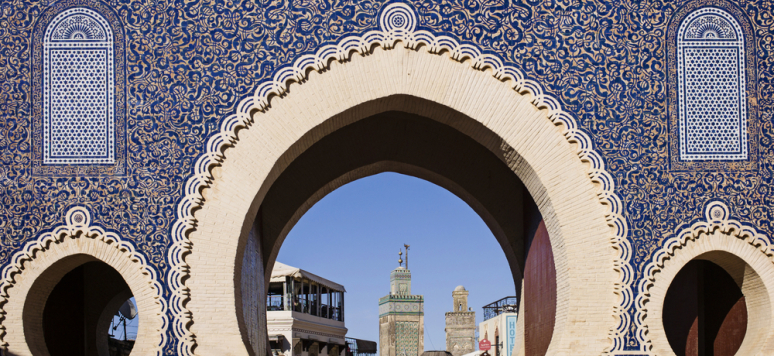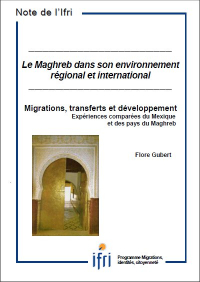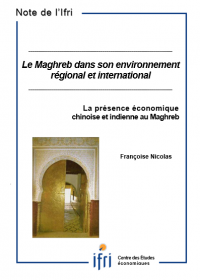Russia's foreign policy towards Syria and the Greater Middle East is generally not aggressive. It is a defensive policy aimed mainly at developing its traditional political and economic interests in the region and protecting its Southern borders.

Middle East / North Africa

The Middle East and North Africa Programme at IFRI aims to provide expertise on the trends and developments in politics, societies and economies across the region.
The programme has the following objectives:
- Proposing a new approach towards the MENA region through an analysis of local, regional, and international dynamics with the potential to guide and influence new policies ;
- Highlighting the role of foreign powers which have traditionally been present in the region and analyzing the new role taken on by emerging countries ;
- Anticipating new directions and outlooks in each country;
- Interpreting risks and potentials and puting forward new templates for analysis.
The programme has built a dense network of researchers and experts who provide expertise on the MENA region and working together on a range of crosscutting themes.
Senior Research Fellow, Head of Ifri’s Türkiye and...
Research Fellow, Türkiye and Middle East Program
...Associate Research Fellow, Türkiye and Middle East...
Senior Advisor for North Africa and the Middle East
Research Interests:
- North Africa
- The Middle East
Associate Research Fellow, Türkiye and Middle East Program
...Associate research fellow, Turkey and Middle East Program
...The potential synergy between development and migration has become a key feature of most international migration politics. However, this relationship is far from evident.
On November 5th 2009, a cocaine-loaded Boeing 727 aircraft arriving from Venezuela was discovered torched and emptied on a makeshift airstrip in the Malian desert (Gao region). The Sahel-Saharan area is clearly a contact zone between very distant worlds.
Before the 9/11 events, US-Maghreb relations were growing stronger, especially after the United States had long left the floor to the Maghreb’s “natural” European partner. Therefore, the American action in this region was in line with a mechanism previously set off by Clinton Administration...
Since Mohammed VI came into power, Morocco’s African policy has undergone notable change in comparison to his predecessor’s period.
The Gulf Cooperation Council (GCC) is a regional organization which was created in 1981, reassembling six Arab countries together: Saudi Arabia, Kuwait, Bahrain, Oman, Qatar, and the United Arab Emirates (UAE). Thanks to their oil income, GCC countries have enjoyed economic boom since 2002,...
Our interest in this topic stems both from our annual visits to Mauritania which started fifteen years ago, and the tiny amount of research noticed on trafficking in this country.
While largely interrupted by the colonial period premise, trade relations between the Maghreb and sub-Saharan Africa have enjoyed a new boom with the independence era. However, until the end of the 1990s, the African policy of the three Maghreb countries significantly impacted their economic...
The industrial revolution underwent by Europe in the 18th century has triggered the need for the major colonial powers to find new markets for their manufactured products. It is in this colonial competitive framework that European explorers delivered information about the different access...
One of the major events of the last couple of decades has been the rise of China and India, reflected by their increasingly important economic presence in the world, both in terms of trade flows and of foreign direct investments.
...Aucun résultat


















